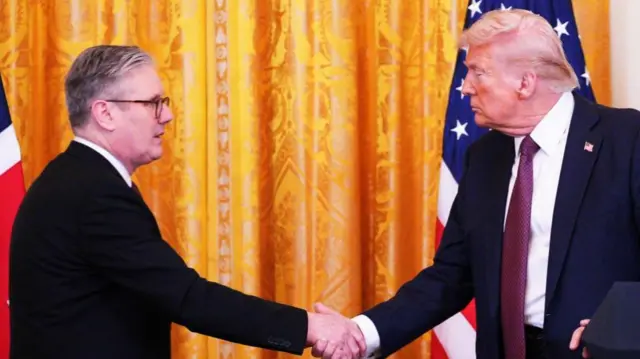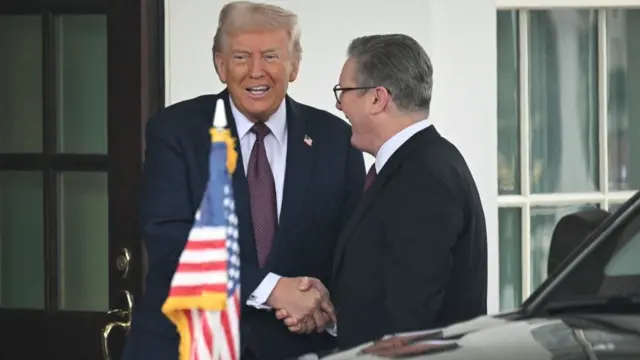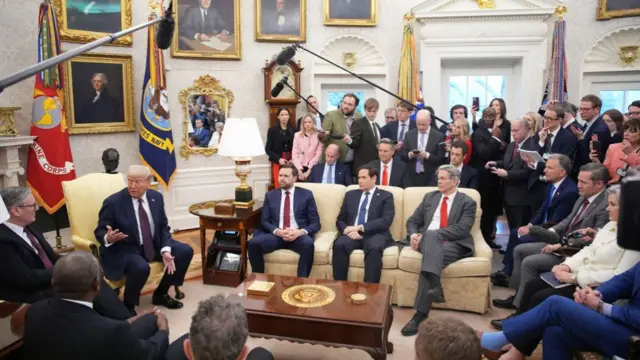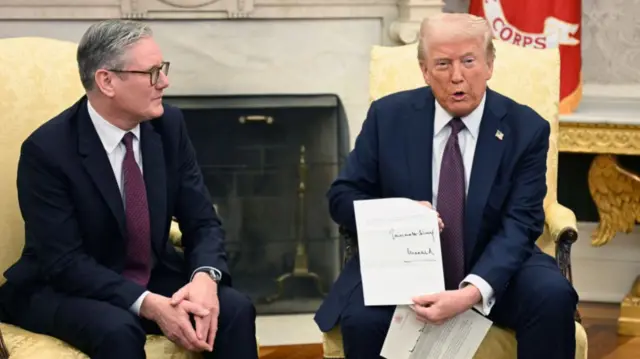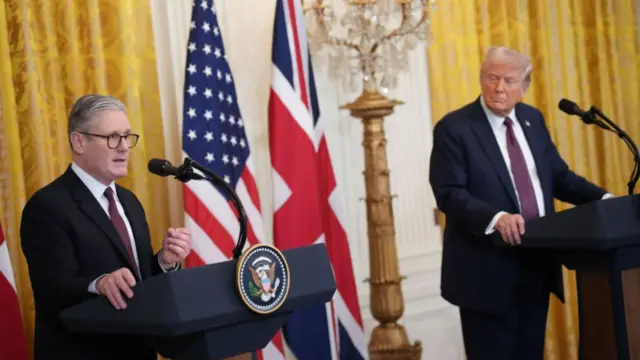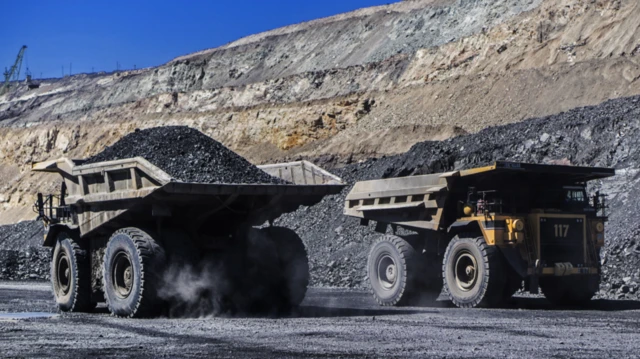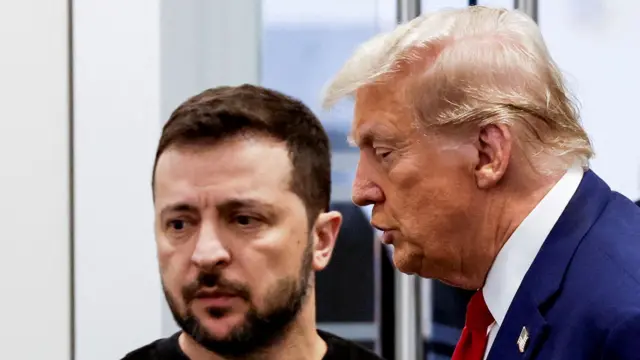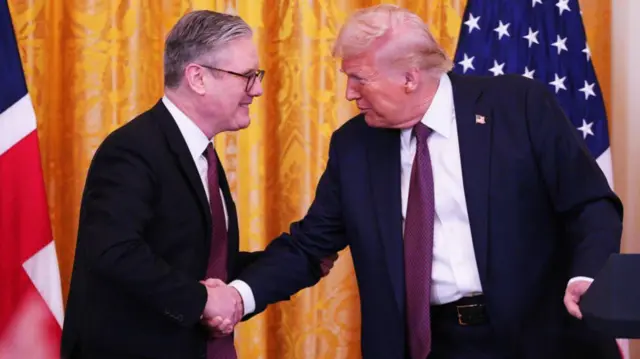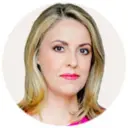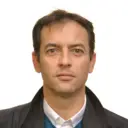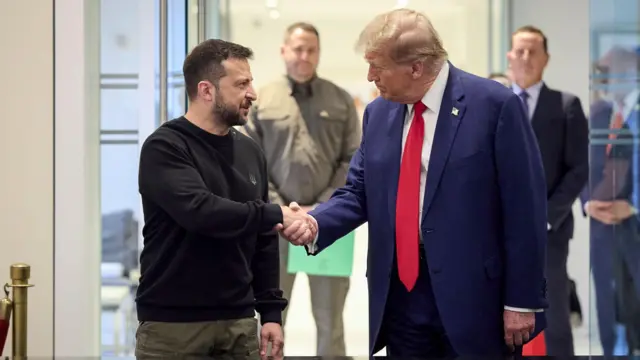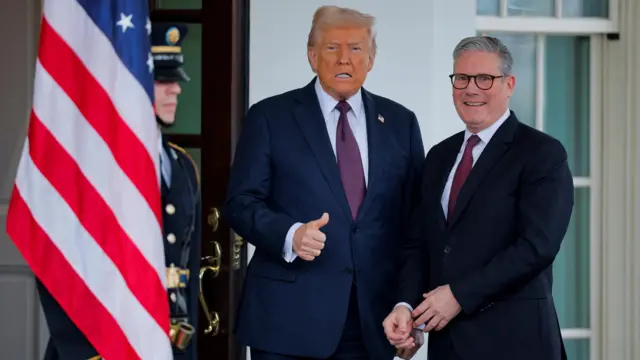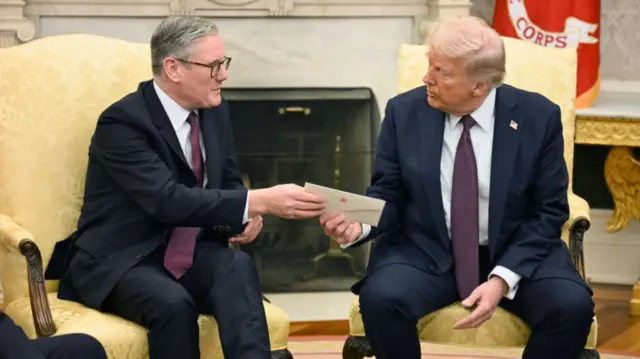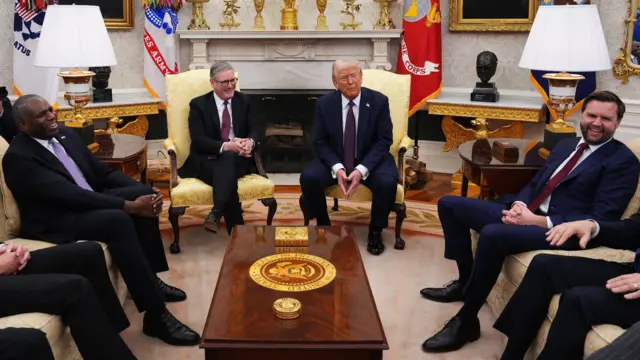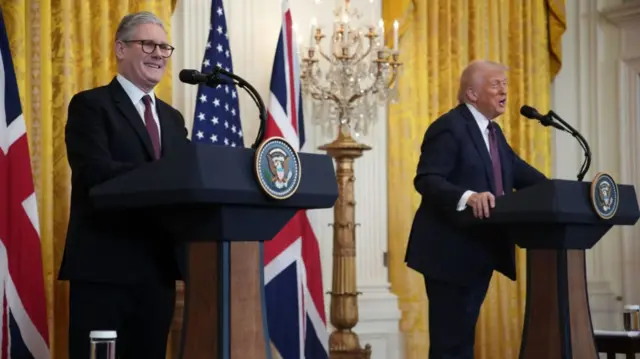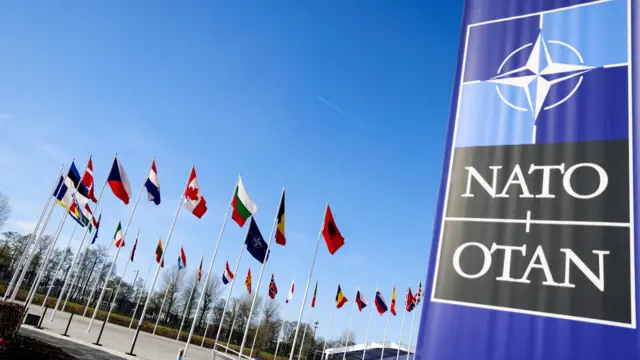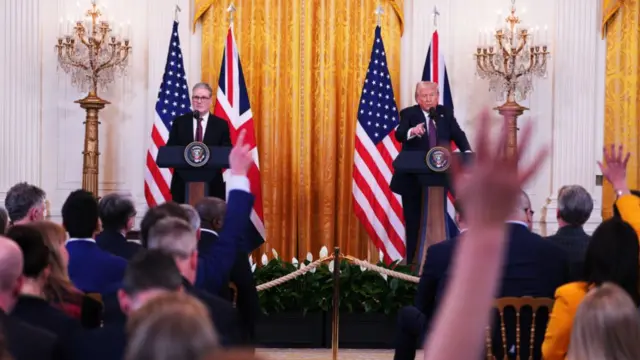UK trade deal with US could mean tariffs 'not necessary' - Trumppublished at 07:42 GMT 28 February
Kate Whannel
Political reporter
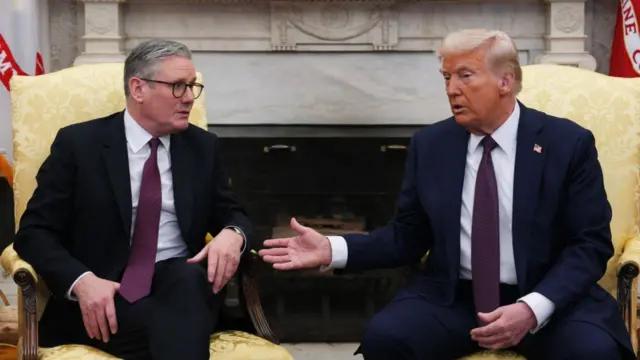 Image source, Getty Images
Image source, Getty ImagesLet's bring you a bit more now on something Trump and Starmer discussed yesterday - UK-US trade.
The US president said a deal between the two nations could happen "very quickly" and that he envisaged "a real trade deal", which could see the UK avoid the kind of tariffs the president has been threatening on some of the US's other trading partners.
Trump has repeatedly threatened to impose tariffs - import taxes - on many of its allies, including 25% on goods made in the European Union. He also ordered a 25% import tax on all steel and aluminium entering the US - which could hit the UK.
Asked if Starmer had tried to dissuade the president from ordering tariffs against the UK, Trump said: "He tried. He was working hard I tell you that. He earned whatever the hell they pay him over there."
In a bid to convince the president against UK tariffs, Starmer said the US-UK trade relationship was "fair, balanced and reciprocal".
- For context: Trump has said he will impose tariffs on many of the US' allies, including a 25% import tax on all steel and aluminium entering the US. He previously told the BBC the UK was "out of line", but suggested a solution could be "worked out".
